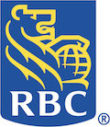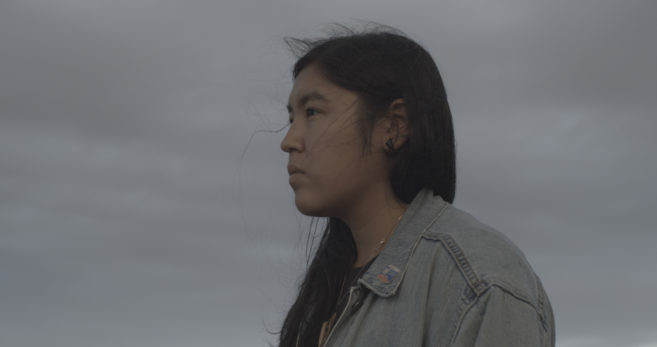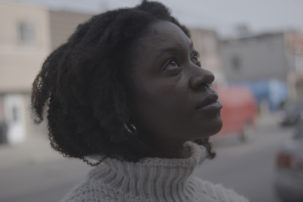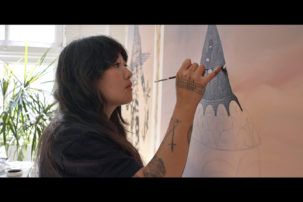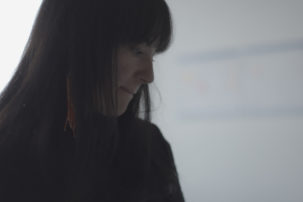At RBC, we are steadfast in our commitment to helping recognize and celebrate emerging Canadian talent. The RBC Emerging Artists Project works specifically to bridge the gap between emerging and established by strengthening artists’ access to professional networks, mentorship and training, and providing them with exposure to new and diverse audiences. We are thrilled to share our video series From Within, a reflection on artistic inspiration and practice, featuring five talented artists who create conceptually rigorous and visually stunning work. Each of these artists recognizes the power of art not only as a medium for self-expression, but also as a powerful tool for addressing complex social issues, encouraging open dialogue and inspiring new perspectives.
Jagdeep Raina’s research-based artworks are intimate portraits of the cultural, psychological and material properties of his Kashmiri Punjabi roots. In a move from paint to textiles, Raina has revived a centuries-old Punjabi technique of embroidery called Phulkari, the making and wearing of which was endangered by the violent dissolution of British colonial rule during and leading up to the 1947 Partition of India. Characterized by handspun, naturally dyed silk that is darn-stitched on coarse cotton cloth in both floral and geometric patterns, Phulkari is for Raina a way to frame and ground the action in his textile works, but also a conceptual tool that represents the violent drawing of borders around lands and people. Recently, Raina has expanded his practice to include writing. In works like Gorgeous farmer (2020), which combines textile and poetry, he explores the negative impacts of the Green Revolution, an agricultural framework imposed on Punjab in the 1960s. Through the forced use of chemical inputs and monocultures, this so-called revolution resulted in many problems for Punjabi farmers, including soil erosion, deforestation, wildlife decline, debt and a heartbreaking epidemic of suicides. Raina has been working from photographic archives and recordings to eloquently illustrate individual stories connected to this history of ecological and economic exploitation, while also celebrating the vitality and resilience of the Punjabi farmer’s spirit. By learning endangered skills to reimagine history, Raina honours the enduring power of the deeply human act of creating by hand.

